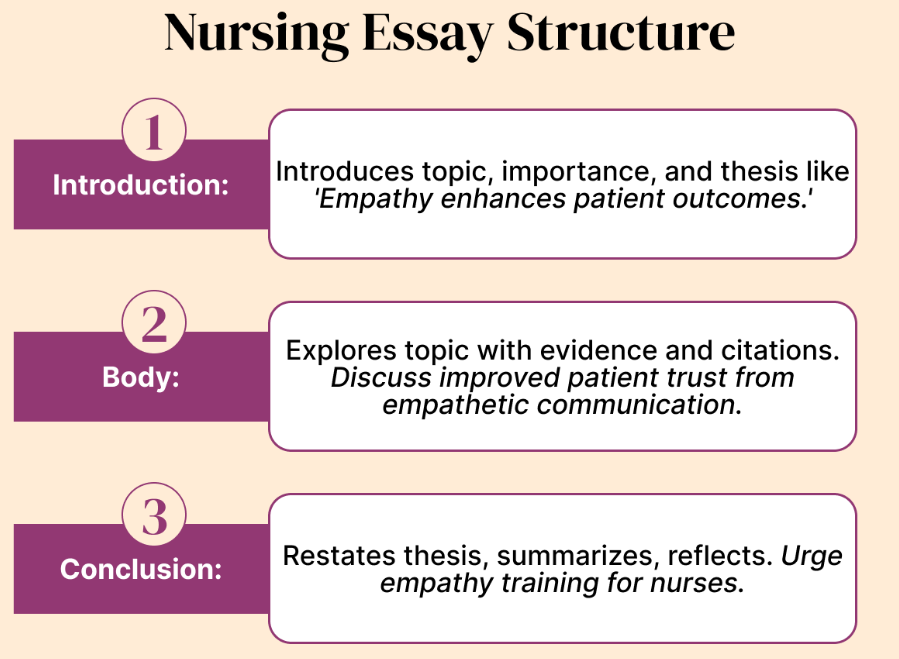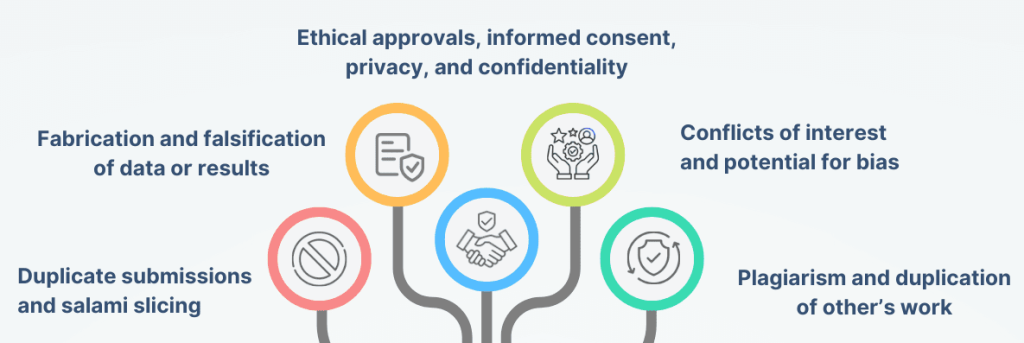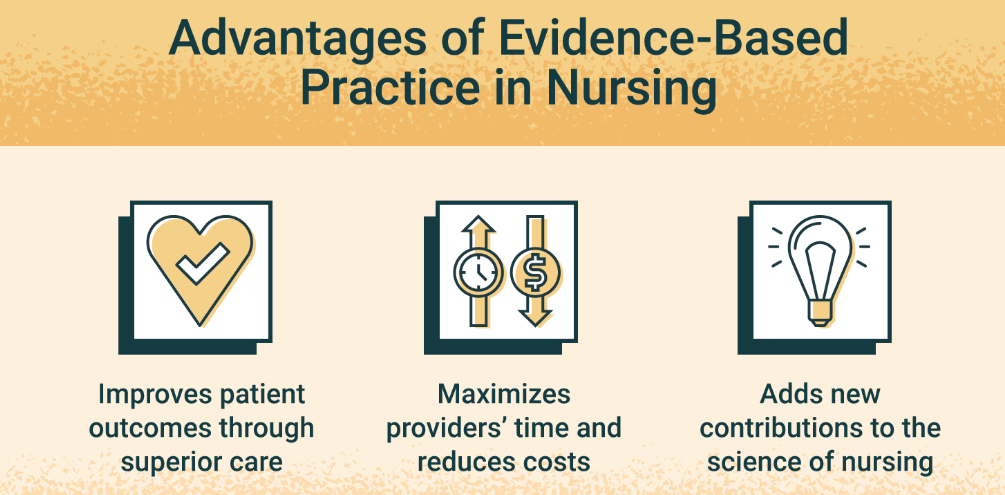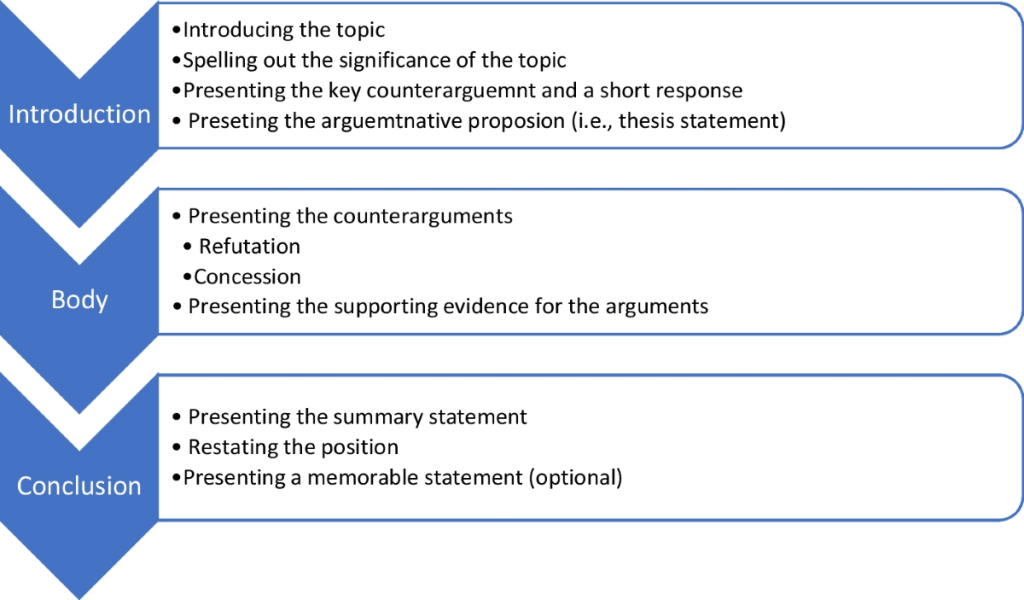
Table of Contents
The world of medical writing demands precision, clarity, and a profound understanding of complex scientific concepts. Mastering the art of the medical essay is crucial for students, researchers, and healthcare professionals alike. A well-crafted medical essay can effectively communicate research findings, explore ethical dilemmas, and advance understanding within the medical community.
This article provides a comprehensive guide to writing a compelling medical essay, covering everything from topic selection to polishing your final draft.
Understanding the Fundamentals of a Medical Essay
Before diving into the writing process, it’s essential to understand the core elements of a medical essay. Unlike narrative or creative essays, a medical essay prioritizes factual accuracy, logical reasoning, and evidence-based arguments.
- Purpose: A medical essay’s primary goal is to inform, analyze, or persuade readers on a specific medical topic. It may involve presenting original research, reviewing existing literature, exploring a clinical case, or discussing the ethical implications of a medical practice.
- Audience: Knowing your audience is crucial. Are you writing for fellow medical students, experienced clinicians, or a general audience interested in health issues? Tailor your language and level of detail accordingly.
- Structure: Adhering to a clear and logical structure is paramount. A typical medical essay includes an introduction, body paragraphs, and a conclusion.
- Evidence: All claims and arguments must be supported by credible evidence, such as peer-reviewed research articles, clinical guidelines, and established medical texts.
- Objectivity: Maintaining objectivity is critical. Avoid personal biases and present information in a fair and unbiased manner.
Choosing a Compelling Medical Essay Topic
Selecting a relevant and engaging topic is the first step toward writing a successful medical essay. Consider the following factors:
- Relevance: Choose a topic that aligns with your interests and the objectives of your assignment. Ensure the topic is relevant to the current trends and challenges in the medical field.
- Manageability: Select a topic that is neither too broad nor too narrow. A broad topic may lead to superficial coverage, while a narrow topic may limit the availability of relevant information.
- Availability of Resources: Before settling on a topic, ensure that sufficient research material is available. Access to peer-reviewed articles, clinical guidelines, and other reliable sources is essential.
- Current Debates: Exploring a controversial topic or an ongoing debate can make your medical essay more engaging and thought-provoking. However, be prepared to present a balanced perspective and support your arguments with strong evidence.
- Personal Experience: If appropriate, consider writing about a medical experience you have had. This can add a personal touch and enhance the impact of your essay.
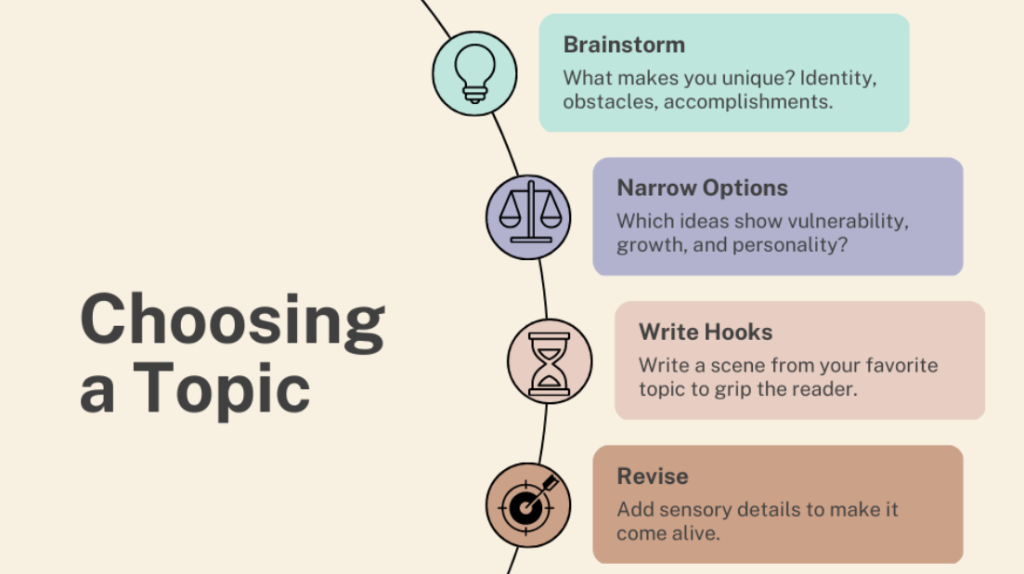
Structuring Your Medical Essay for Maximum Impact
A well-structured medical essay is easy to read, understand, and remember. The following structure is commonly used in medical writing:
- Introduction:
- Hook: Begin with an engaging hook to capture the reader’s attention. This could be a relevant statistic, a compelling anecdote, or a thought-provoking question.
- Background Information: Provide a brief overview of the topic and its significance.
- Thesis Statement: Clearly state the main argument or purpose of your medical essay. The thesis statement should be concise and focused.
- Roadmap: Briefly outline the key points that will be discussed in the body paragraphs.
- Body Paragraphs:
- Topic Sentence: Each paragraph should begin with a clear topic sentence that introduces the main idea of the paragraph.
- Supporting Evidence: Provide evidence to support your claims. Use peer-reviewed research articles, clinical guidelines, and other reliable sources.
- Analysis and Interpretation: Explain the significance of the evidence and how it supports your overall argument.
- Transitions: Use transitional phrases to connect your ideas and ensure a smooth flow of information.
- Conclusion:
- Restate Thesis: Briefly restate your thesis statement in a new and compelling way.
- Summarize Key Points: Summarize the main points discussed in the body paragraphs.
- Implications and Future Directions: Discuss the implications of your findings and suggest areas for future research.
- Concluding Statement: End with a strong concluding statement that leaves a lasting impression on the reader.

Crafting Clear and Concise Prose: Medical Essay Writing Style
The writing style of a medical essay should be clear, concise, and objective. Avoid jargon and use precise language to convey your ideas effectively.
- Precision: Use specific and accurate language. Avoid vague or ambiguous terms.
- Clarity: Write in a clear and straightforward manner. Avoid complex sentence structures and unnecessary jargon.
- Objectivity: Present information in a fair and unbiased manner. Avoid personal opinions and subjective judgments.
- Conciseness: Use only the words necessary to convey your message. Avoid redundancy and wordiness.
- Active Voice: Use the active voice whenever possible. This makes your writing more direct and engaging.
- Correct Grammar and Spelling: Pay close attention to grammar and spelling. Errors in grammar and spelling can undermine your credibility.
Using Evidence Effectively: Citing and Referencing
A medical essay relies heavily on evidence to support its claims. It’s crucial to cite and reference your sources correctly to avoid plagiarism and give credit to the original authors.
- Choose a Citation Style: Select a citation style (e.g., APA, MLA, Chicago) and adhere to it consistently throughout your essay.
- In-Text Citations: Use in-text citations to acknowledge the sources of your information.
- Reference List/Bibliography: Include a comprehensive list of all the sources cited in your essay.
- Plagiarism: Always cite your sources to avoid plagiarism. Plagiarism is a serious academic offense that can have severe consequences.
Editing and Proofreading: The Final Polish
Once you have completed your medical essay, it’s essential to edit and proofread it carefully.
- Read Aloud: Read your essay aloud to identify any awkward phrasing or grammatical errors.
- Check for Clarity: Ensure that your ideas are clear and easy to understand.
- Verify Accuracy: Double-check the accuracy of your facts and figures.
- Proofread for Errors: Proofread your essay carefully for grammar, spelling, and punctuation errors.
- Seek Feedback: Ask a friend, colleague, or professor to review your essay and provide feedback.
Addressing Ethical Considerations in Medical Essays
Many medical essays involve discussing ethical dilemmas or exploring the ethical implications of medical practices. When addressing ethical considerations, be sure to:
- Identify the Ethical Dilemma: Clearly identify the ethical issue being discussed.
- Present Different Perspectives: Present different perspectives on the ethical dilemma, including the viewpoints of patients, healthcare professionals, and society.
- Apply Ethical Principles: Apply relevant ethical principles, such as autonomy, beneficence, non-maleficence, and justice.
- Support Your Argument: Support your argument with evidence from ethical theories, legal precedents, and relevant literature.
- Offer a Balanced Conclusion: Offer a balanced conclusion that considers all sides of the issue.

Resources and Support for Medical Essay Writing
Writing a compelling medical essay can be challenging, but there are numerous resources available to help you succeed.
- University Writing Centers: Many universities have writing centers that offer assistance with essay writing.
- Online Writing Resources: There are many online resources that provide guidance on medical writing.
- Peer Review: Ask a friend or colleague to review your essay and provide feedback.
- Faculty Advisors: Consult with your faculty advisor for guidance on your topic and writing style.
Sometimes, students may struggle with the complexities of medical writing and need additional support. In such cases, you should consider seeking medical essay writing help. At Nursing Papers, we offer professional medical essay writing services for undergraduate, graduate and post graduate students. Our service covers topic suggestion, paper writing, proofreading, editing, formatting and plagiarism removal. We guarantee customized writing services for essays, research papers, case studies, thesis and dissertations.
Powerful Medical Essay Topics for 2025
The field of medicine is a constantly evolving landscape, brimming with complex ethical dilemmas, groundbreaking discoveries, and pressing societal issues. Exploring these intricacies through a well-crafted medical essay is not only a vital exercise for aspiring healthcare professionals but also a powerful tool for promoting critical thinking and driving positive change. Choosing the right topic is paramount, and this article aims to illuminate some powerful and engaging areas to consider.
Navigating the Ethical Minefield: Bioethics and Medical Morality
Ethical dilemmas are at the heart of many medical decisions, demanding thoughtful consideration and nuanced argumentation. Exploring these issues can make for a compelling and impactful medical essay.
- Euthanasia and Assisted Suicide: This sensitive topic requires a deep dive into the complexities of patient autonomy, the right to die, and the physician’s role in end-of-life care. Examining different legal frameworks and cultural perspectives can enhance the depth of your analysis.
- Genetic Engineering and CRISPR Technology: The potential of gene editing to cure diseases is immense, but so are the ethical concerns surrounding its application. Exploring the implications for designer babies, genetic discrimination, and the future of human evolution presents a rich intellectual challenge.
- Resource Allocation in Healthcare: In a world of finite resources, deciding who gets access to life-saving treatments raises profound ethical questions. Analyzing different rationing models, the impact of socioeconomic factors, and the responsibility of healthcare providers can lead to a powerful and thought-provoking essay.
- Organ Donation and Transplantation: The shortage of organs for transplantation presents a continuous ethical challenge. Debating presumed consent policies, the ethics of selling organs, and strategies to increase organ donation rates can lead to a compelling and insightful medical essay.
Exploring the Societal Impact of Medical Advancements
Medicine doesn’t operate in a vacuum. Social, economic, and cultural factors significantly influence healthcare access, outcomes, and the overall well-being of communities.
- Healthcare Disparities: Investigate the systemic inequities that lead to unequal access to healthcare based on race, socioeconomic status, geographical location, and other factors. Analyzing the root causes and proposing solutions for equitable healthcare delivery is crucial.
- The Opioid Crisis: This public health emergency demands a comprehensive understanding of its origins, consequences, and potential solutions. Examine the role of pharmaceutical companies, prescribing practices, and addiction treatment strategies.
- Mental Health Awareness and Treatment: Reducing stigma and improving access to mental healthcare is a critical priority. Exploring the impact of social media on mental health, the effectiveness of different therapeutic approaches, and the challenges of integrating mental healthcare into primary care can be impactful.
- The Impact of Technology on Healthcare Delivery: Telemedicine, artificial intelligence, and wearable technology are transforming the medical landscape. Analyzing the benefits and drawbacks of these innovations, their potential to improve patient care, and the ethical implications are vital.
Deep Diving into Specific Diseases and Medical Conditions
Focusing on a specific disease or medical condition allows for a more in-depth exploration of its pathophysiology, diagnosis, treatment, and impact on patients and society.
- Alzheimer’s Disease: Exploring the latest research on its causes, potential treatments, and the challenges of caring for patients with Alzheimer’s can be a rewarding undertaking.
- Cancer Immunotherapy: Examining the revolutionary field of immunotherapy and its potential to revolutionize cancer treatment can lead to a fascinating medical essay.
- Diabetes Management: Analyzing the different types of diabetes, the challenges of managing the disease, and the impact of lifestyle interventions can be both informative and practical.
- The Long-Term Effects of COVID-19: Investigating the lingering health issues experienced by COVID-19 survivors and the long-term implications for public health presents a timely and relevant topic.

Choosing the right topic for your medical essay is a crucial first step towards creating a compelling and impactful piece of writing. By exploring these powerful topics and conducting thorough research, you can contribute to a deeper understanding of the complex issues facing the medical field today. Remember to approach each topic with intellectual curiosity, critical thinking, and a commitment to promoting positive change.
Common Pitfalls to Avoid in Medical Essay Writing
Writing a compelling and informative medical essay requires precision, clarity, and a deep understanding of the subject matter. However, even experienced writers can fall prey to common pitfalls that detract from the overall quality and impact of their work. Avoiding these errors is crucial for crafting a successful and persuasive argument.
1. Lack of Focus and Clarity
One of the most frequent mistakes is a lack of focus. A medical essay should have a clear thesis statement that is maintained throughout the entire piece. Avoid:
- Rambling Introduction: Don’t begin with broad, unfocused statements. Directly address the topic and outline your argument.
- Tangential Arguments: Stick to the core issue. Resist the urge to include interesting but irrelevant information.
- Ambiguous Language: Use precise and unambiguous terminology. Medical terms should be used correctly and defined if necessary.
2. Insufficient Evidence and Analysis
A strong medical essay relies on credible evidence and insightful analysis. Common errors in this area include:
- Weak Supporting Evidence: Relying solely on personal opinions or anecdotal evidence is insufficient. Back up your claims with robust research, peer-reviewed studies, and reputable sources.
- Lack of Critical Analysis: Don’t just present information; analyze it. Discuss the implications, limitations, and potential biases of your sources.
- Improper Citation: Plagiarism, intentional or unintentional, can ruin your credibility. Use a consistent citation style and meticulously cite all sources.
3. Poor Structure and Organization
A well-structured essay enhances readability and facilitates understanding. Avoid these organizational errors:
- Lack of Logical Flow: Each paragraph should build upon the previous one, creating a logical progression of ideas.
- Weak Transitions: Use transition words and phrases to smoothly connect ideas and paragraphs.
- Inadequate Conclusion: The conclusion should summarize your main points, restate your thesis, and offer a final thought or call to action.
4. Ignoring the Audience and Purpose
Understanding your audience and the purpose of the medical essay is essential.
- Inappropriate Tone: Maintain a professional and objective tone. Avoid using informal language or slang.
- Oversimplification or Overcomplication: Tailor the complexity of your language and concepts to your intended audience. Don’t assume prior knowledge or overwhelm them with jargon.
- Failing to Address Counterarguments: Acknowledge and address potential counterarguments to demonstrate a well-rounded understanding of the topic.
By being mindful of these common pitfalls and actively working to avoid them, you can significantly improve the quality and effectiveness of your medical writing. Remember to proofread carefully and seek feedback from peers or mentors to ensure a polished and persuasive final product.
Frequently Asked Questions About Medical Essay Writing
Writing a strong medical essay can feel daunting, whether you’re a medical student, researcher, or healthcare professional. Here are some frequently asked questions to guide you through the process:
What Makes a Good Medical Essay?
A successful medical essay combines scientific accuracy with clear and concise writing. It demonstrates critical thinking, strong argumentation, and a thorough understanding of the subject matter. Unlike other essays, a medical essay prioritizes evidence-based information and ethical considerations.
- Accuracy is Key: Ensure all data, facts, and medical terminologies are accurate and up-to-date.
- Clear Structure: Follow a logical structure with a clear introduction, body paragraphs, and conclusion.
- Credible Sources: Cite all sources properly using a recognized citation style (e.g., AMA, Vancouver).
- Ethical Considerations: Address any ethical implications related to the topic.
How is a Medical Essay Different from Other Essay Types?
The primary difference lies in the content and focus. While other essays might explore subjective experiences or personal opinions, a medical essay relies heavily on scientific research, clinical evidence, and objective analysis. The emphasis is on communicating complex medical information in a clear and accessible manner. Furthermore, the language used is technical and formal, adhering to specific medical terminology.
What Topics are Suitable for a Medical Essay?
The possibilities are vast, ranging from specific diseases and treatments to ethical dilemmas in healthcare. Consider the following:
- Case Studies: Analyzing real-life patient scenarios.
- Literature Reviews: Summarizing and critically evaluating existing research on a specific topic.
- Ethical Debates: Exploring controversial issues in medical practice.
- Disease Mechanisms: Explaining the pathophysiology of a particular disease.
Where Can I Find Reliable Information for My Medical Essay?
Rely on credible sources such as:
- Peer-Reviewed Journals: Medical journals like the New England Journal of Medicine or The Lancet.
- Medical Textbooks: Authoritative textbooks on relevant medical subjects.
- Reputable Websites: Organizations like the World Health Organization (WHO) or the Centers for Disease Control and Prevention (CDC).
Ultimately, writing a compelling medical essay requires dedication, research, and attention to detail. By understanding the key principles and utilizing reliable resources, you can effectively communicate your knowledge and contribute to the medical field.
Conclusion: Mastering the Art of the Medical Essay
Writing a compelling medical essay requires a combination of strong research skills, clear writing style, and a thorough understanding of medical concepts. By following the guidelines outlined in this article, you can enhance your medical essay writing skills and produce high-quality work that contributes to the advancement of medical knowledge. Remember that practice and persistence are key to mastering the art of the medical essay. By continuously refining your skills, you can effectively communicate your ideas and contribute to the ever-evolving landscape of medicine.


